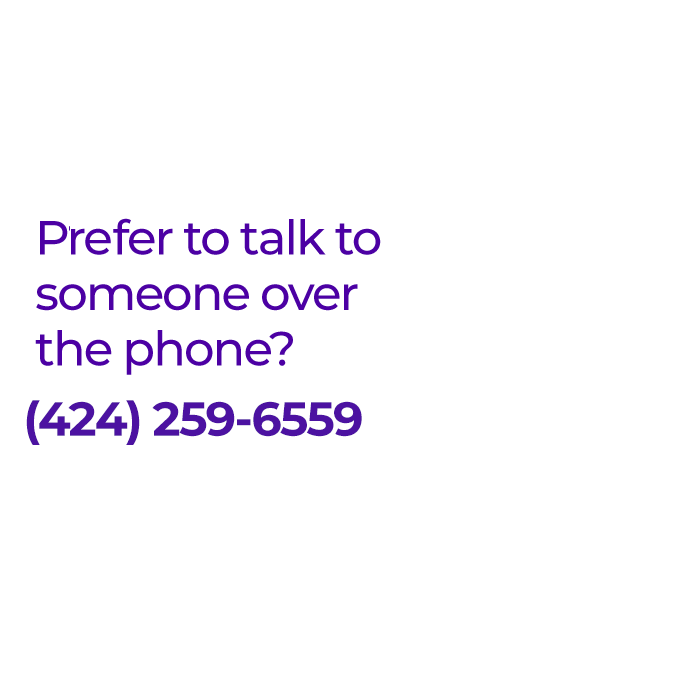There is an impressive—and disturbing—amount of misunderstanding and misinformation available on the Internet, medical journals, and elsewhere about the surgical treatment of snoring and obstructive sleep apnea. This is even more concerning because it comes from many who claim to be experts in the treatment of these disorders. Surgery is a viable treatment option for millions of people in this country and worldwide with snoring and obstructive sleep apnea, and my goal is to provide accurate and honest information about its role. Surgery is not for everybody, and the results are far from perfect. However, appropriate surgical treatment has shown clear, meaningful benefits in relief of snoring and improving the lives of those with sleep apnea who are not able to sleep comfortably with positive airway pressure therapy. This blog was developed based on feedback from my patients, who continually impress me with their understanding of advanced concepts and interest in learning more about these disorders and the available treatment options. It is dedicated to individuals with snoring and obstructive sleep apnea, their loved ones, and the providers who care for them.
I have focused my entire career on the treatment of snoring and obstructive sleep apnea because of their effects on personal relationships, quality of life, and health. Over the years, the combination of caring for patients, advancing the field through research and innovation, and teaching others has proven to be a perfect fit for me. Fortunately, there is a need for surgeons interested in this area. Although snoring and sleep apnea are extremely common, there are relatively few surgeons who focus on these disorders. There are certainly many challenges in this field, which has undoubtedly discouraged some. One major challenge is the measurement of results, which is currently limited at best. My work has applied some of the same approaches to measuring non-surgical outcomes to surgery, but we need better evaluation of results for both surgical and non-surgical treatments. A second challenge is the fact that patients have different factors that contribute to snoring and obstructive sleep apnea. This has always been a major focus of my research. Numerous studies have shown how these differences affect the results of surgery, so understanding what causes snoring and sleep apnea in a given patient must be determined before planning any surgery. The third is the need to perform a wide range of procedures in order to treat the diversity of individuals with snoring and sleep apnea. Cookie-cutter surgical approaches—using the same procedure for everyone—clearly do not work, but too many surgeons and non-surgeons think that sleep surgery is limited to a single procedure. A major focus of my lectures at scientific conferences is teaching colleagues about the variety of available procedures and their optimal use in treating patients. In addition, I enjoy working with many established and startup medical device companies in their development of new technologies to treat snoring and obstructive sleep apnea.
These challenges can be summarized as follows:
- Does surgery for snoring and obstructive sleep apnea work?
- How do we choose procedures that are most likely to succeed in individual patients?
- Are there new treatments for snoring and sleep apnea, and do they work?
One of the things I love about my work is the opportunity to teach others about surgery for snoring and sleep apnea, how and why we choose specific treatments, and the new developments in this rapidly-changing field. The blog will cover these and many other topics. I will draw on new publications, lectures, and research findings (including my own) presented at scientific conferences related to snoring and sleep apnea. My hope is that this sleep surgery blog will be a chance for me to share my perspectives with individuals affected by snoring and sleep apnea as well as my colleagues.




5 + 3 =